Source-http://www.ifp.co.in/shownews.php?newsid=3252
By Satya Gopal DeyKolkata, July 8, 2009:
“Social sector, in particular the children of India, have not got any significant attention in this year’s Union budget,” stated Brinda Karat, member of Parliament (Rajya Sabha) and member of polit bureau CPI(M). On being apprised about the press release on the aspect of budget for children brought out by CRY (Child Rights and You), in a telephonic interview with the Kolkata correspondent of Imphal Fress Press, Karat stated that, “UPA government is going to table Right to Education Bill without appropriate budget allocation.”According to CRY, the Union Budget 2009-10 shies away from key allocations to education, health, and child protection. Despite being plugged as citizen-friendly, scratching the surface of the budget throws up three key shortfalls. Public expenditure on schooling falls short for the number of children entering school-going age every year. No new money allocated to realise the proposed Food Security Act. Without a holistic approach to food, there is no guarantee that children will grow up food secure. The promise to universalise ICDS has been long-standing and while the increased allocation to Rs. 6,705 crores for the ICDS is welcome, the impact on the ground can take years to materialise. In the context of ICDS as raised by CRY, Brinda Karat reminded about Supreme Court’s verdict. In short, the actual increase in expenditure on children is just Rs. 5,100 crores: approximate 14 percent increase that will hardly cover the number of children added to the population each year.“Children are forty percent population of our country, each and every budget should have special emphasis and increased percentage of share for the children,” stated Shatha Sinha, chairperson of the National Commission for Protection of Child Rights (NCPCR).“Most developed countries in the world like the USA, UK and France spend around 6-7 percent of their national budgets for public education and health, while India allocates around 3 percent for education and around 1 percent for health. When we emulate first-world economic growth, we must realise that economic growth is meaningless unless it reaches 70 percent of India’s poorest,” said Dipankar Majumdar, director of development support of CRY. “For a country that is firmly on a growth path, a decrease in public spending on education and health from 1999-2000 to now, is regressive,” Majumdar further added.The total allocation for school education and health is well below the need for 10 percent of GDP to be allocated to school education and health. Public spending on basic rights is not just good policy, but also good economics, feels Majumdar, since an educated, healthy India will enable a robust economy.“Given the UPA’s people-friendly appearance, an example of which is the increased outlay for the National Rural Employment Guarantee Act (NREGA), we expect the government to live up to its potential,” said Majumdar. “The Central government’s allocation for 40 percent of India’s population - its children - remains at 5.09 percent and it is clear that state budget allocations will not make up for the needs,” emphasised Majumdar.According to CRY, the government’s Aam Aadmi image needs to be backed up by not just allotment, but by a push on utilization.The Comptroller and Auditor General (CAG) had rapped the government in early 2009 for SSA funds that were returned unutilised. Allocations, not backed by usage, remains an empty promise. Not just sanctioning new ICDS centres, but making them operational and staffed by trained personnel. Even the better developed states like Gujarat and Maharashtra have been unable to operationalise all the sanctioned anganwadis.Spending on school education is the same as last year, Rs. 13,100 crores for Sarva Shiksha Abhiyan, Rs. 8000 crores for Midday Meals Spending on food security and health not increased.According to Brinda Karat, there is an overall decline in the percentage of share for children. In the 14th Lok Sabha Karat was an important member of Parliamentary forum for children. “The 15th Lok Sabha would also reconstitute this forum,” Karat stated in her concluding statement.

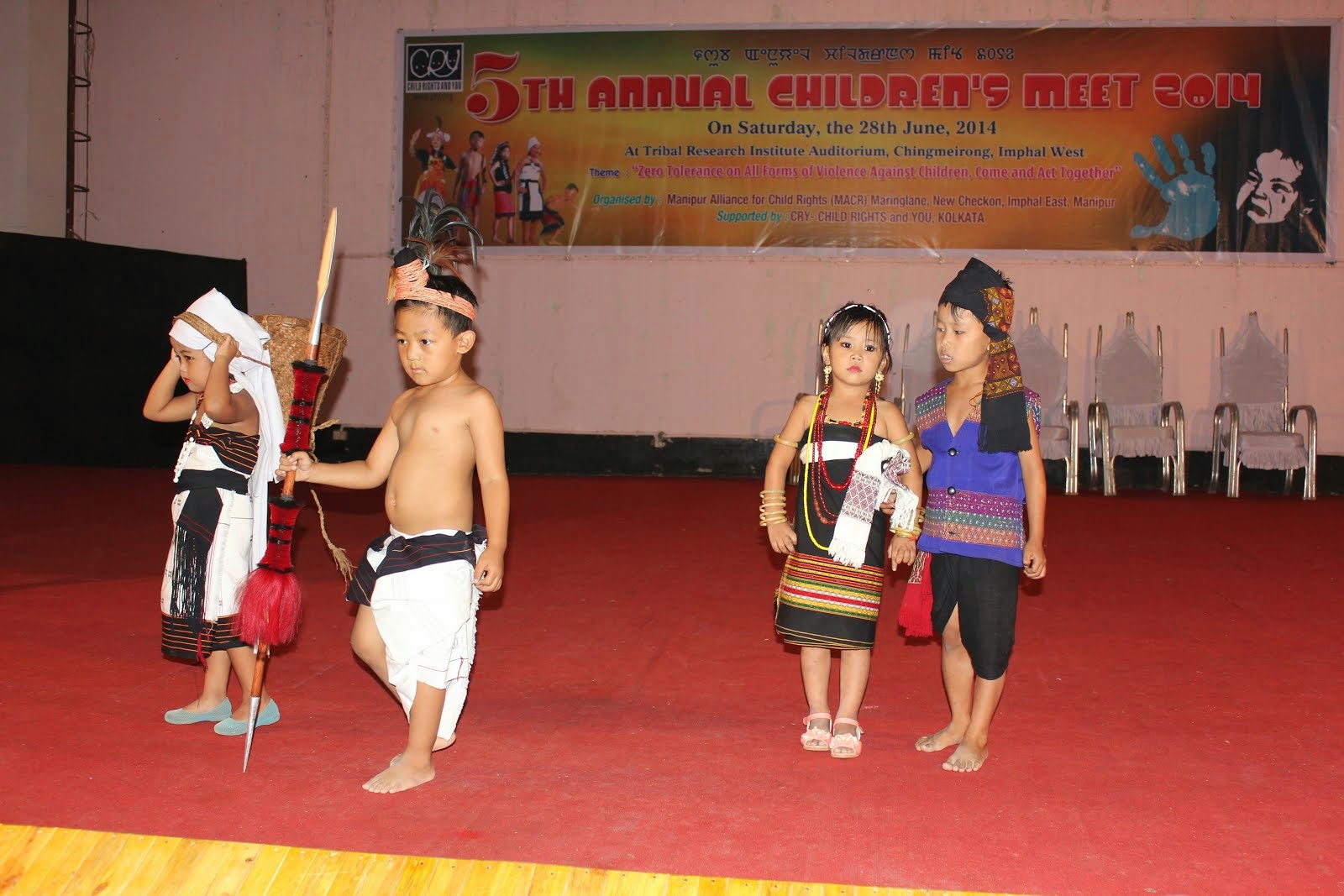

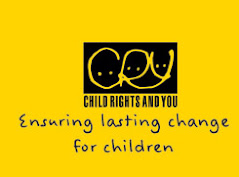





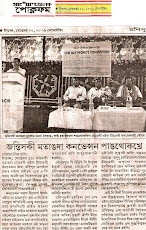
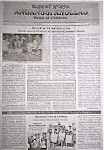
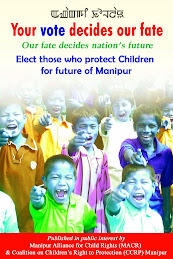





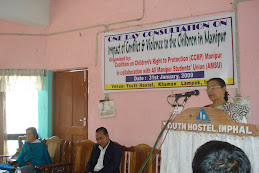
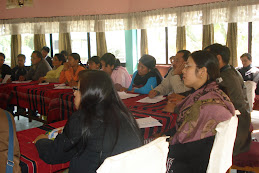
No comments:
Post a Comment